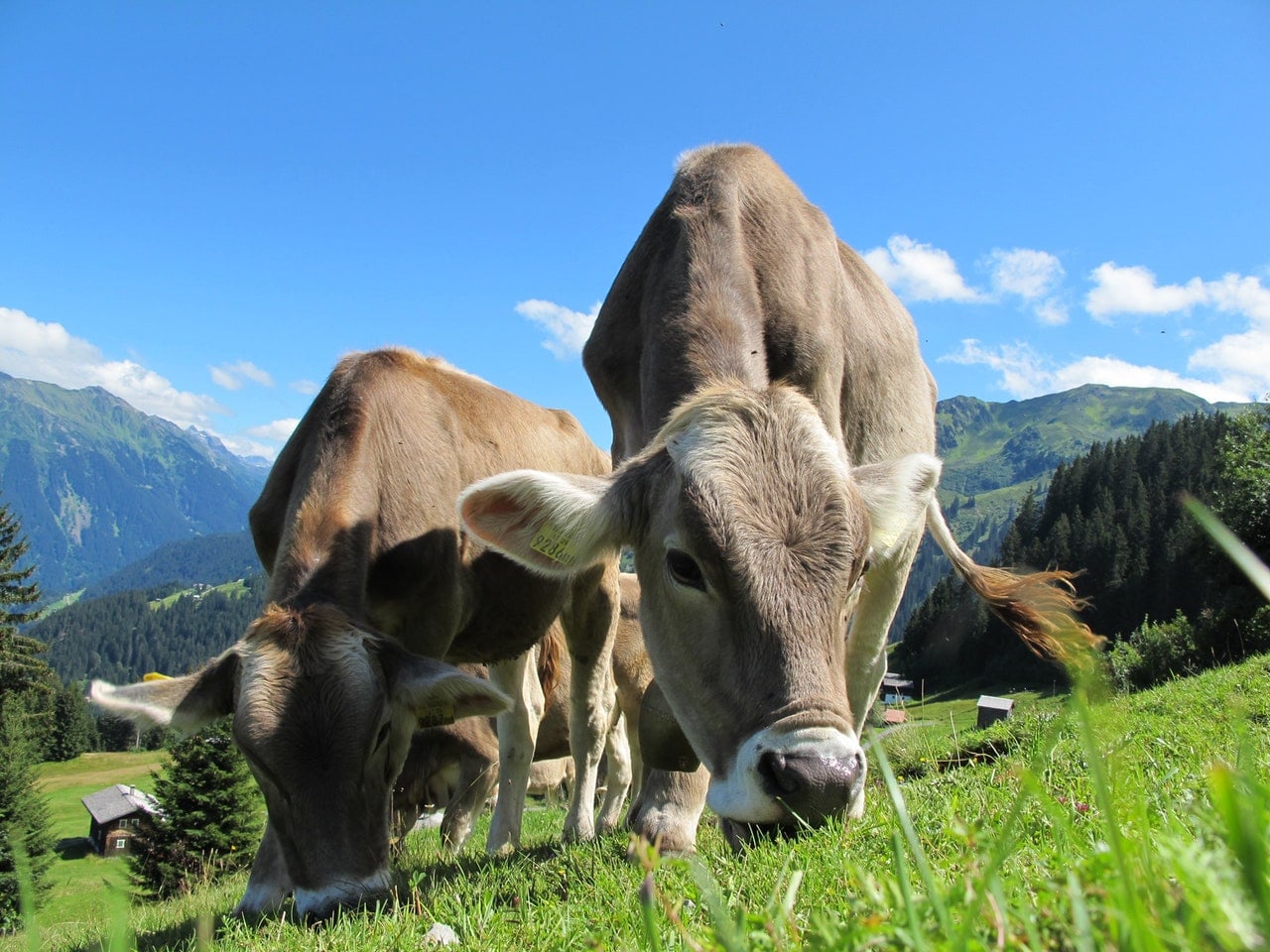As the global population expands, there is considerable pressure on local governments to re-evaluate the current state of food production. The global food supply system wastes resources and destroys the capacity of local farmers to meet food quotas.
The current global food system is unsustainable and on a trajectory to create famine and hardship for billions of people all over the world.
IMAGE: PEXELS
A World On The Brink Of Food Collapse
Nearly 70-percent of global freshwater supplies go toward industrial agriculture, with a large percentage of this water lost due to unsustainable farming methods. Furthermore, 40-percent of greenhouse gases partly responsible for climate change, come from industrial agriculture and factory farming methods. In addition to this already dreary scenario, is a loss of more than 70-percent of agricultural and crop biodiversity, due to the effect of industrial monocultures on crops and livestock farming.
- Issues requiring immediate attention include;
- Rapid loss of local freshwater supplies around the globe.
- Contamination of groundwater and drinking water supplies with industrial agrochemicals.
- The substantial topsoil loss to erosion and unsustainable farming methods.
- Agricultural chemical runoff to local waterways and ocean inlets.
- A spike in antibiotic and pesticide resistant superbugs and weeds.
- Accelerated air pollution from deforestation and manure pits.
- Insect die-offs, such as honey bees due to pollen pollution and GMO agriculture.
- An increase in elevated levels of glyphosate carcinogens in consumer food products.
Reduce Cattle And Pig Livestock
The current state of unsustainable farming practices, due to increased global food demand for beef and pork, place pressure on grain supplies needed to feed livestock at industrial farming locations. Beef farming requires 6 to 10-kilograms of feed to produce 1-kilogram of body weight in cattle. Following closely behind is the pork industry, with a requirement of 2.7 to 5-kilograms of feed necessary to increase a pig’s body weight by 1-kilogram.
It’s important to note that current factory farming conditions are conducive to the rampant spread of agricultural disease. China is in the midst of dealing with an African swine flu crisis that affects up to 60-percent of all livestock in the country, with the condition set to spread further into the region.
Focus On Local Sustainable Farming
It’s painfully evident that the current state of global food production is unsustainable. Governments are on a time-clock that’s rapidly running out. If they do not place emphasis on sustainable farming and reward sustainable farming methods, such as the Global Salmon Initiative, we can expect a future of famine and disease.
Immediate Actions to Reverse Unsustainable Agriculture and Farming Methods
To build a sustainable future where agricultural production meets growing global demand, we need to take immediate action on current issues facing the industry. Here are a few that require immediate attention from global agricultural authorities;
- Seek an end to all subsidies and incentives for commodities such as corn, soy, and sugar farming.
- Increase training and resources available to organic farming initiatives.
- Increase economic support to small agriculture businesses in urban zones.
- Agricultural land requires protection from industrial development.
Wrapping Up – Choose Sustainable Food Options And Go Local
As consumers, we all bear a responsibility for providing our families and community with a sustainable food supply. A global change starts locally. Plant a vegetable garden, conserve water, and make responsible food choices that avoid the use of factory farmed protein sources such as beef and pork. “Be the change you want to see in the world” – Mahatma Gandhi.
If you are interested in even more lifestyle-related articles and information from us here at Bit Rebels then we have a lot to choose from.


COMMENTS